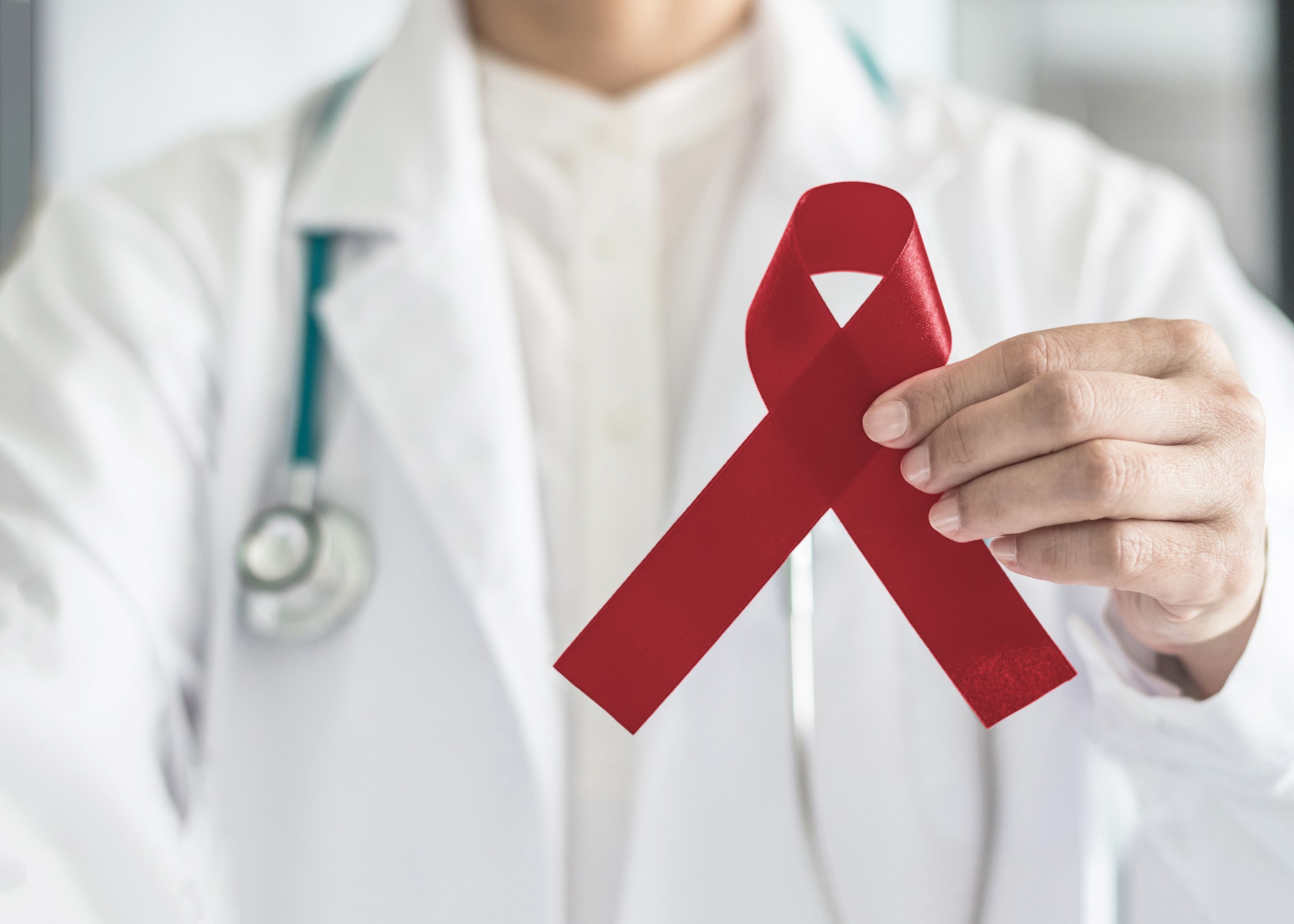Opinion
Video
Enhancing Patient Care Through Multidisciplinary Team Collaboration in Management of NSCLC
Author(s):
A panelist discusses how pharmacists contribute to multidisciplinary care for patients with non–small cell lung cancer (NSCLC) by providing comprehensive education, creating customized medication calendars, ensuring appropriate dose adjustments for individual patient factors, advocating for patients to balance efficacy with toxicity management, and helping patients navigate insurance systems to access expensive medications through assistance programs, particularly when transitioning from targeted therapies to more complex regimens.
The Pharmacist's Role in NSCLC Treatment: Enhancing Patient Care
Patient Education and Adherence Support
- Comprehensive medication education is fundamental to patient adherence:
- Instructions on medication administration
- Access information for obtaining medications
- Cost considerations and financial resources
- Creation of personalized medication calendars
- Specialized support for treatment transitions:
- Particularly crucial when switching from long-term osimertinib to combination therapies
- Detailed guidance for patients incorporating intravenous treatments with oral medications
Practical Clinical Management Tools
- Cycle-specific medication calendars that outline:
- Anti-nausea medication scheduling
- Venous thromboembolism prophylaxis start/stop timing
- Prophylactic measures for infusion-related reactions
- Dermatologic reaction management
- Cycle-to-cycle variations from initial treatment through maintenance phase
Clinical Optimization Role
- Dosing expertise:
- Ensuring appropriate adjustments for renal/hepatic dysfunction
- Modifications based on performance status
- Coordination with radiation treatment schedules
- Management of drug interactions
- Balancing efficacy and toxicity:
- Advocacy for patients within the multidisciplinary team
- Focus on minimizing unwarranted adverse effects through proactive supportive care
Access to Treatment
- Navigating treatment access challenges:
- Supporting physicians who follow clinical evidence ahead of FDA approvals
- Insurance navigation assistance
- Facilitation of patient assistance programs
- Connection to co-pay support resources
- Pragmatic approach to treatment selection:
- Recognition that “the best treatment is the one the patient has access to”
- Bridging the gap between ideal and accessible treatment options
This comprehensive approach positions pharmacists as essential members of the oncology care team, contributing specialized expertise in medication management, supportive care, and treatment access to optimize outcomes for NSCLC patients.






